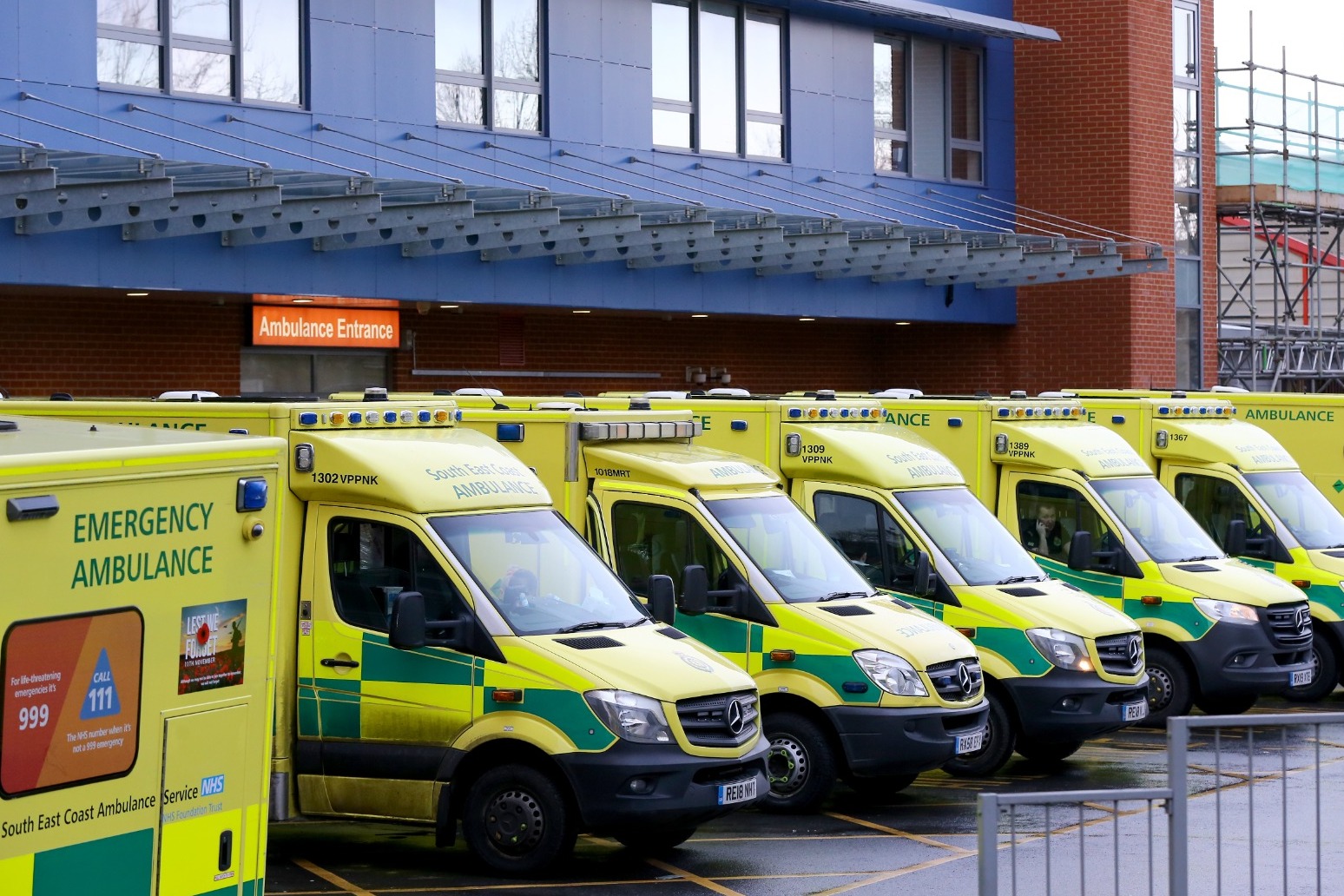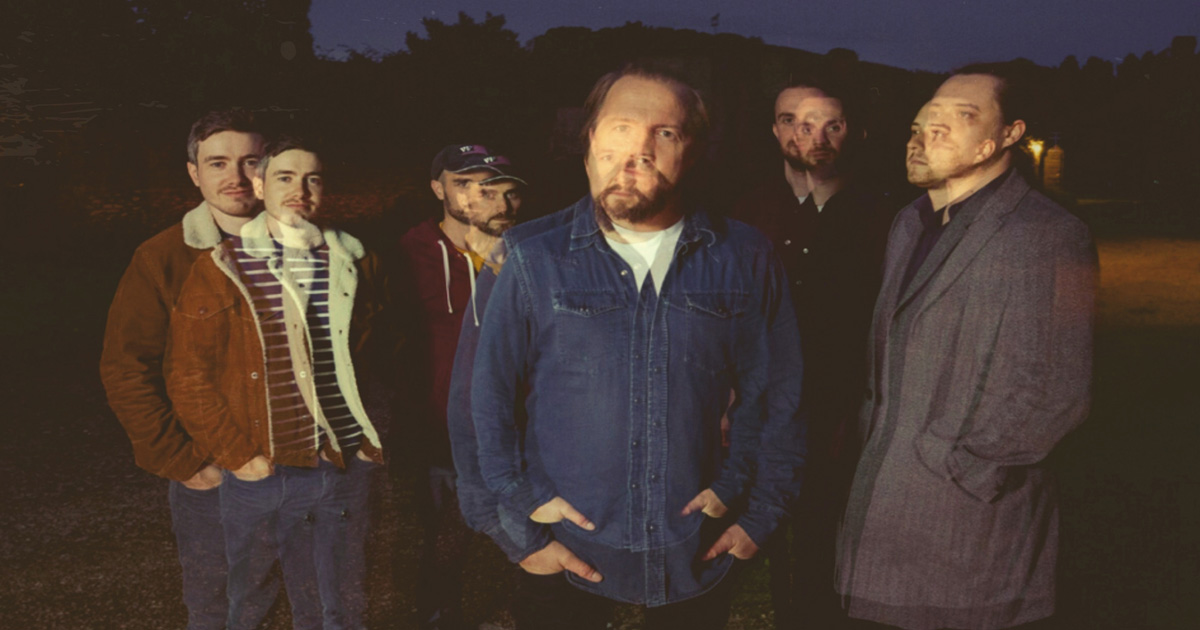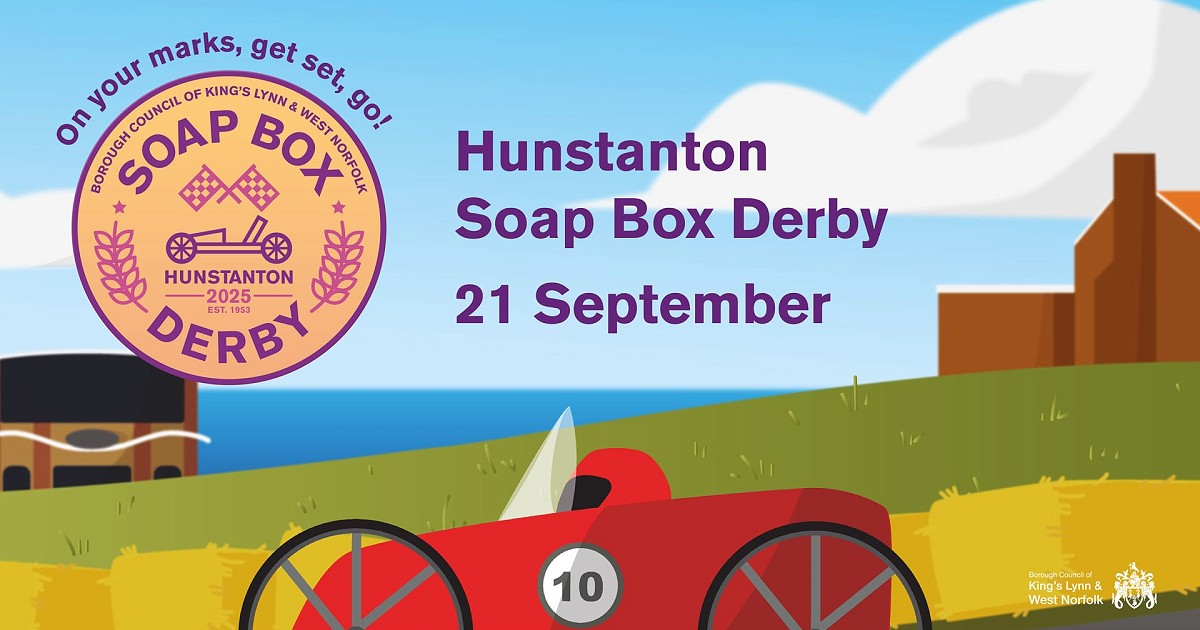
Major ambulance strikes scheduled for next week have been suspended after the Government agreed to discuss pay for this year, unions have said.
Tens of thousands of key workers had been due to walk out on Monday and Wednesday, but GMB and Unison have deferred their plans after ministers said cash is available for potential pay rises covering both this year and next.
GMB national secretary Rachel Harrison said this marks a “huge shift” in the Government’s position.
She said: “GMB ambulance workers announced a tightening of the derogations for cover on strike days.
“Less than 24 hours later we received a letter from the Secretary of State for Health, Steve Barclay, inviting us and other unions to pay talks.
“This is a huge shift from the Government, who for months have refused to consider negotiations on pay. Now they are saying they are willing to sit down and talk.
“The Government has given assurances of additional cash for both years above existing budgets and that any deal will respect the existing Agenda for Change structure.
“GMB’s ambulance workers have agreed to suspend industrial action so talks can begin – however the strike will return with a vengeance should talks break down.”
GMB added that the Department for Health and Social Care (DHSC) has also said it is open to discussions about improvements to ambulance workers’ terms and conditions.
Writing on Twitter, the union also thanked ambulance workers for “standing strong” along with the “fantastic support of the public” for convincing ministers to “talk pay”.
However, Unite union is still planning to go ahead with strikes over what it calls “unreasonable pre-conditions” for negotiations imposed by the Government.
Planned action by GMB across England would have involved 13,000 workers, while thousands more were due to join picket lines as part of Unison action.
GMB members working for the Welsh Ambulance service have also agreed to suspend strikes on Monday for further talks with the trust and the Welsh Government.
Unison’s Sara Gorton said that industrial action would resume if discussions – which are due to take place early next week – are not “meaningful”.
She said: “Proper pay talks should have started months ago, long before the first strike was called. That would have avoided days of disruption for the NHS and its patients.
“Whether the talks signal the beginning of the end of the current dispute will emerge in the coming days. If a deal can be reached, strikes can end and everyone can work together again to ensure the NHS gets back on track.
“However, when we get in the room, we’ll quickly learn whether the talks can be meaningful. If not, Unison will be forced to resume strike action. Nobody wants that.”
The Chartered Society of Physiotherapy (CSP) is also suspending planned strikes after agreeing to enter talks with the Government.
The union had planned walkouts at 56 trusts on March 22, but now expects negotiations to begin in the coming days.
Elaine Sparkes, assistant director of the CSP, said: “We’ve been calling for meaningful talks for months and always said we would suspend action if they took place.
“We therefore welcome these discussions and hope they can conclude with a fair deal that helps our members manage the cost of living crisis and enables the NHS to recruit and retain the staff it needs.”
Sir Julian Hartley, chief executive at NHS Providers – which represents trusts, welcomed the suspension of ambulance strikes, but stressed that industrial action by junior doctors “continues to loom large”.
He said: “Trust leaders will be hugely relieved that the Government are coming round the table with more unions to talk about pay, and that much of next week’s strike action has now been called off.
“But while progress is now being made in talks with some NHS unions, the prospect of a three-day walkout by junior doctors continues to loom large.
“We hope today’s breakthrough will pave the way for similar negotiations with all other unions planning strikes.
“We are urging the Government and unions to pull out all the stops and begin talks immediately so that further disruption to patient care can be avoided.”
Unite strikes will go ahead on Monday and Wednesday after union representatives in the ambulance trusts involved voted unanimously in favour.
The union’s executive head of operations, Gail Cartmail, said: “The Government has said for months that it cannot negotiate and then when suddenly it is prepared to, it lists a series of totally unreasonable pre-conditions for starting talks.
“This isn’t a negotiation, it’s an ultimatum.”
Unite national lead officer Onay Kasab added: “The NHS is on its knees and morale is at rock bottom, yet the Government somehow thinks that after weeks of strike action for a better deal, workers will meekly sign up to talks that will not tackle the issue of a decent pay settlement for 2022/23.”
Published: by Radio NewsHub














